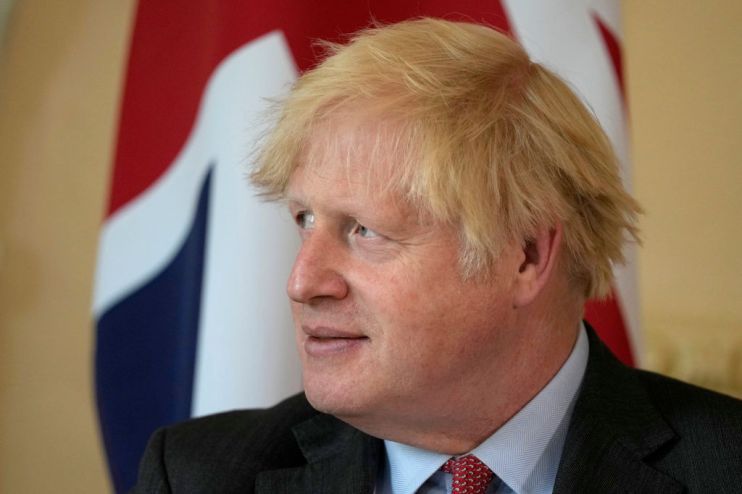Boris Johnson’s Global Britain agenda is being undermined by funding cuts for the British Council

Last week the British Council’s CEO, Kate Ewart-Biggs, announced that it had been informed by the government that its budget was to be reduced over the next two years in the wake of the Covid-19 pandemic. Its commercial income has fallen, and its grant-in-aid from the government is being cut. The overall reduction in funding from Whitehall is around £10 million.
In the overall scheme of government finances, £10m is almost small fry. In normal times, it would not amount to a sizeable chunk of the British Council’s income, but Ewart-Biggs was clear on the direct effect this loss of support would have. Spending of grant-in-aid in 11 countries will cease altogether, and in a further nine countries it will cease to be delivered by the relevant British Council offices in those countries but come from neighbouring territories. This revised allocation “is aligned to the UK government’s new geopolitical priorities”.
The British Council’s mission is to promote British culture and the English language. As well as language teaching and examinations, it creates promotional opportunities like the British Pavilion at this year’s Venice Biennale and the Diaphonique fund which supports contemporary classical music. It is, therefore, a critical part of the UK’s projection of soft power, an integral strand of the government’s Global Britain vision.
In his speech at Greenwich last February, Boris Johnson put some meat on the bones of Global Britain. He said the nation had embarked on a “great voyage” to be “open, outward-looking—generous, welcoming, engaged with the world by championing global free trade.”
Let us not tearily pretend that the British Council is the core of this policy; but it helps. The English language is one of our greatest contributions to the world and one of the most powerful expressions of soft power, and the British Council plays an important role in providing training in the language of Shakespeare, Dickens, Wordsworth and Orwell. That capacity has been blunted, weakened, reduced in 20 countries for the want of a small sum of money.
I am an optimist at heart. I believe the vision of Global Britain is important, coherent and achievable. It will be delivered only by coordination across government and the wider public sector, with private enterprise working hand-in-hand with the institutions of the state. In some areas, we are moving forward from a position of strength, and in others we need to build our capabilities and reach. But the prize is there: a free-trading, prosperous, confident, open and generous country, valuing its historical friendships and alliances and forging new ones around the world.
The political dispute over the British Council’s funding illustrates the difference between the balance sheet and the wider narrative. Stephen Kinnock, Labour’s shadow minister for Asia and the Pacific, described the £10 million cut as “a hammer blow for our soft power”, and argued that the British Council “delivers tremendous value for money for the British taxpayer”. He is right: the vast bulk of the British Council’s income derives from its commercial activities, so it is, in truth, a very low-cost advertisement for Britain and British values.
The government finds itself unable, however, to find that extra £10 million. Let us not be unrealistic: the pandemic, the huge additional spending it has required and the economic disruption it has wrought all mean that budgets across Whitehall are under pressure, and savings must fall somewhere. Nor should we, as some commentators have a habit of implying, treat culture and the arts with a kind of reverence which keeps them pristine and untainted by financial situations. Nothing is free, and artistic expression must be paid for like anything else.
However, this small-scale fight is instructive. To put it in context, the FCDO’s budget for Official Development Assistance, from which the British Council’s allocation comes, is a shade over £8 billion. So the argument is over 1/800th of that sum of money. The British Council generates £5.80 in income for every £1 of grant-in-aid. That is good value for money.
It would be a great thing if the government were to look again at the British Council’s funding. It cannot, of course, be seen to cave in to pressure from the opposition, but a face-saving way of revisiting this issue would be sensible and mature. If the UK’s ambitious vision is to succeed, Whitehall must definitively demonstrate that it does not labour under a culture which knows the price of everything, and the value of nothing.
